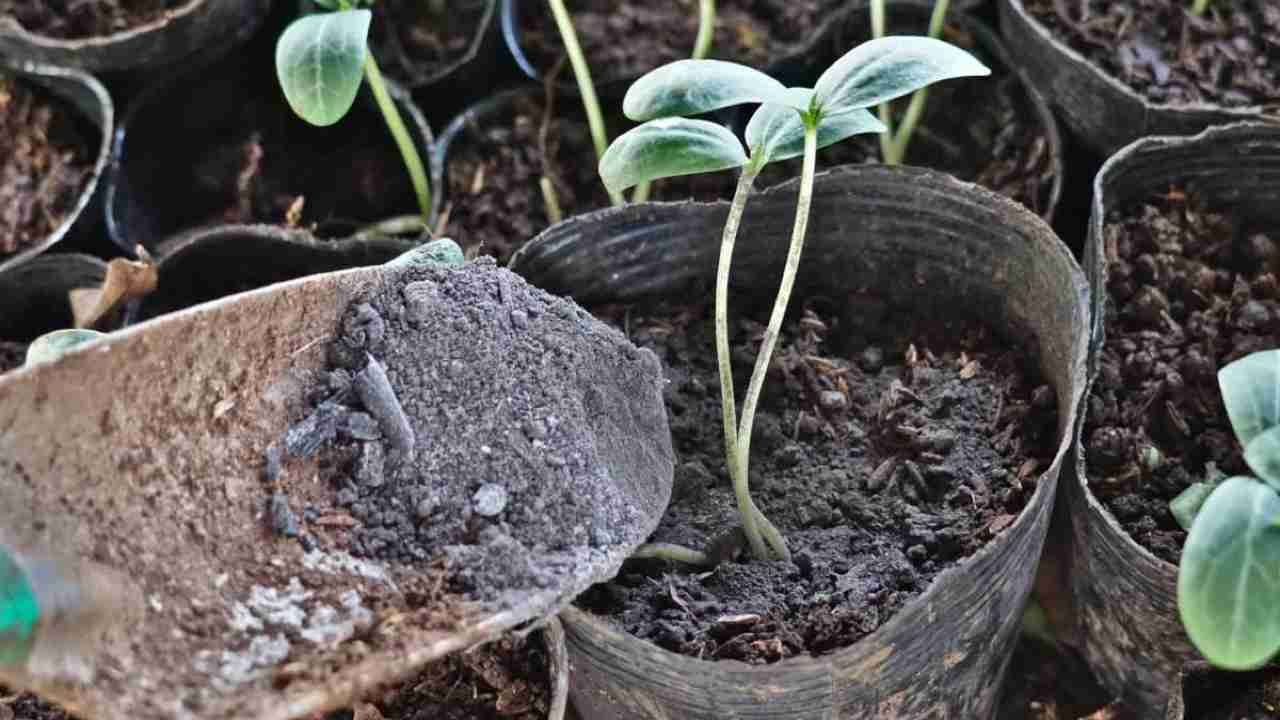Adding ashes to your plants can bring out their natural splendor and vitality. With the right application, you’ll be amazed at the guaranteed results. Here’s everything you need to know about why ashes work so well and how to use them effectively.
Using Ashes on Plants: A Natural Boost
To keep plants thriving, attention and care are essential. Each plant species has unique needs, from the light it prefers to the amount of water it requires. While some plants bask in direct sunlight, others thrive in the shade. The same principle applies to water requirements – some need frequent watering, while others are content with less. Additionally, protecting plants from pests and diseases with natural or organic pest control methods is key for their longevity and health.
The Role of Fertilizer in Plant Health
Fertilizers are fundamental to achieving robust, lush plants. Although many store-bought options are available, they often contain unknown additives. Fortunately, several natural ingredients can serve as effective fertilizers, and one of the best is ash. With its high nutrient content, ash makes an ideal and affordable plant supplement. Here’s a simple recipe to create an ash-based fertilizer at home.
What You’ll Need:
- 1 liter of water
- 2 drops of iodine
- A pinch of boric acid
- 3 tablespoons of ashes
How to Make Ash Fertilizer:
- Pour about 800 ml of water into a jug.
- Add the iodine drops and boric acid to the water, stirring well.
- Add the remaining 200 ml of warm water to help dissolve the ingredients.
- Mix in the 3 tablespoons of ashes, stirring continuously.
Once prepared, you can use this fertilizer to water your plants. Apply it monthly during winter and every 10 days in summer for best results.
Why Ashes Benefit Plants
Ash is a natural byproduct rich in minerals like potassium, phosphorus, and calcium, which are vital for plant health. You can apply ash in solid form or as a liquid, as shown in the recipe above. Ash not only nourishes plants but also enhances their resilience to diseases and pests. When used with caution, ash can even serve as a natural insecticide, keeping pests at bay.
However, keep in mind that ash is highly alkaline, so it’s wise to test your soil’s pH before use. If the pH is high, balance it with acidic substances. It’s also crucial to use ashes from untreated wood to avoid introducing any harmful chemicals to your plants.
🌿 By enriching your plants with ash, you’re choosing a sustainable way to boost their health and resilience, all while keeping your garden naturally vibrant.
